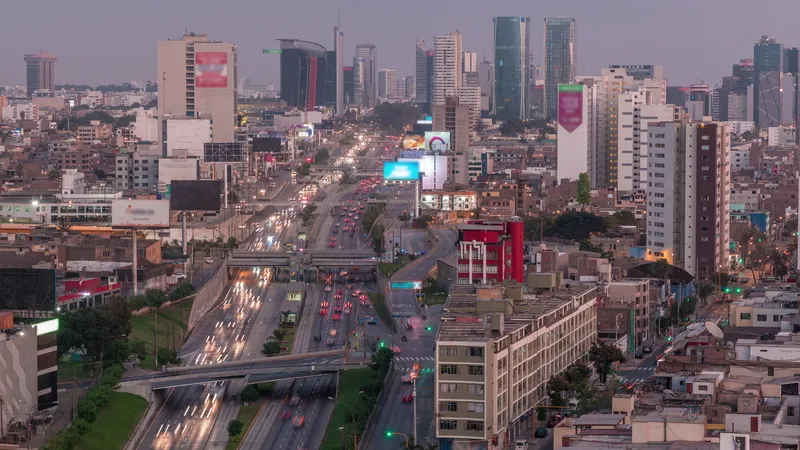Investigations continue into the cause of the train crash approaching the Spanish city of Santiago de Compostela, but suggestions that the train was travelling too fast appear to be gaining weight. Officials say one of the train's drivers has been put under formal investigation. The president of railway firm Renfe, Julio Gomez Pomar, has said the train in the crash had no technical problems. "The train had passed an inspection that same morning. Those trains are inspected every 7,500km... Its maintenance r
July 26, 2013
Read time: 3 mins
Investigations continue into the cause of the train crash approaching the Spanish city of Santiago de Compostela, but suggestions that the train was travelling too fast appear to be gaining weight.
Officials say one of the train's drivers has been put under formal investigation.
The president of railway firm Renfe, Julio Gomez Pomar, has said the train in the crash had no technical problems. "The train had passed an inspection that same morning. Those trains are inspected every 7,500km... Its maintenance record was perfect," he told Spanish radio.
However, Sim Harris, managing editor of Rail News, and a leading rail expert, said modern railway networks were designed to prevent trains running out of control and was puzzled that the train was not slowed down by modern automatic protection systems.
One of the drivers, who was trapped in the cab of the train after the accident, is quoted as saying moments after the crash that the train had taken the curve at 190 km/h (118mph) when entering the curve, unidentified investigation sources have told Spanish media. The speed limit on that section of track is 80km/h.
Two UK experts have both said that travel is generally a safe mode of travel. Peter Sheppard from6674 The Institution of Engineering and Technology said: “However, and this is based on news reports only, it would seem that both are as a result of human error and not the technology involved. Based on the first reports it seems to be as a result of a significant over-speed (although there could well be other factors as what is perceived by passengers is sometime different to reality).
“What has to happen when the enquiries are complete is to determine if there is any methods by which technology could have intervened, prevented or given early warning of these accidents and either supported the infrastructure maintenance teams or advised/intervened in the cab.”
Philippa Oldham, head of transport at the5025 Institution of Mechanical Engineers, said in response to the accident: “It is still too early to say with any certainty exactly what happened to cause the tragic events in north west Spain on Wednesday, but accident investigators are likely to be looking at a number of factors which could have caused or contributed to this accident.
“They will be looking at the role of the signalling and speed advice system, as well as the role of the driver. Rail travel remains one of the safest ways to travel, with far fewer deaths and injuries than other forms of transport such as car travel.”
Officials say one of the train's drivers has been put under formal investigation.
The president of railway firm Renfe, Julio Gomez Pomar, has said the train in the crash had no technical problems. "The train had passed an inspection that same morning. Those trains are inspected every 7,500km... Its maintenance record was perfect," he told Spanish radio.
However, Sim Harris, managing editor of Rail News, and a leading rail expert, said modern railway networks were designed to prevent trains running out of control and was puzzled that the train was not slowed down by modern automatic protection systems.
One of the drivers, who was trapped in the cab of the train after the accident, is quoted as saying moments after the crash that the train had taken the curve at 190 km/h (118mph) when entering the curve, unidentified investigation sources have told Spanish media. The speed limit on that section of track is 80km/h.
Two UK experts have both said that travel is generally a safe mode of travel. Peter Sheppard from
“What has to happen when the enquiries are complete is to determine if there is any methods by which technology could have intervened, prevented or given early warning of these accidents and either supported the infrastructure maintenance teams or advised/intervened in the cab.”
Philippa Oldham, head of transport at the
“They will be looking at the role of the signalling and speed advice system, as well as the role of the driver. Rail travel remains one of the safest ways to travel, with far fewer deaths and injuries than other forms of transport such as car travel.”








